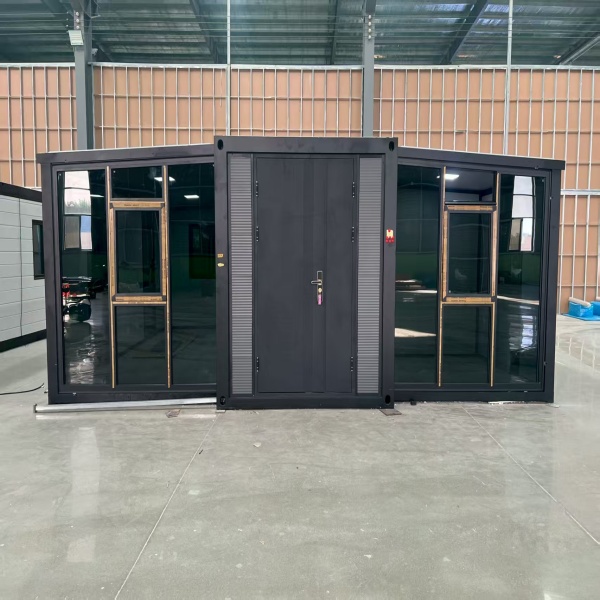-
E-mail
Austin120521@outlook.com -
E-mail
sales@jujiuhouse.com -
Telephone
+86-17864099991 -
Telephone
+86-17854044442
- Chinese
- French
- German
- Portuguese
- Spanish
- Russian
- Japanese
- Korean
- Arabic
- Irish
- Greek
- Turkish
- Italian
- Danish
- Romanian
- Indonesian
- Czech
- Afrikaans
- Swedish
- Polish
- Basque
- Catalan
- Esperanto
- Hindi
- Lao
- Albanian
- Amharic
- Armenian
- Azerbaijani
- Belarusian
- Bengali
- Bosnian
- Bulgarian
- Cebuano
- Chichewa
- Corsican
- Croatian
- Dutch
- Estonian
- Filipino
- Finnish
- Frisian
- Galician
- Georgian
- Gujarati
- Haitian
- Hausa
- Hawaiian
- Hebrew
- Hmong
- Hungarian
- Icelandic
- Igbo
- Javanese
- Kannada
- Kazakh
- Khmer
- Kurdish
- Kyrgyz
- Latin
- Latvian
- Lithuanian
- Luxembou..
- Macedonian
- Malagasy
- Malay
- Malayalam
- Maltese
- Maori
- Marathi
- Mongolian
- Burmese
- Nepali
- Norwegian
- Pashto
- Persian
- Punjabi
- Serbian
- Sesotho
- Sinhala
- Slovak
- Slovenian
- Somali
- Samoan
- Scots Gaelic
- Shona
- Sindhi
- Sundanese
- Swahili
- Tajik
- Tamil
- Telugu
- Thai
- Ukrainian
- Urdu
- Uzbek
- Vietnamese
- Welsh
- Xhosa
- Yiddish
- Yoruba
- Zulu
- Kinyarwanda
- Tatar
- Oriya
- Turkmen
- Uyghur

China small folding house
The Practicality and Potential of Small Folding Houses in China
When thinking about China small folding houses, assumptions often drift towards novelty rather than practicality. Yet, they represent a significant shift in how we approach modern living. While the minimalist design appeals, it's the functionality and adaptability that truly stand out.
Understanding the Rise
The emergence of folding houses in China is not just a trend—it's a response to urban challenges. These homes aren't merely about space-saving; they're an adaptive solution to the rapid urbanization seen across the country. The concept taps into a growing need for flexible, affordable housing.
Companies like Shandong Jujiu Integrated Housing Co., Ltd. have been pivotal in this arena. Their website, jujiuhouse.com, provides insights into the wide-ranging applications of such structures. They’re not just pieces of architecture; they're versatile solutions that can be installed swiftly to meet various needs.
Yet, the success of these projects isn’t just about the product. It’s about understanding the local context—and in China, that means addressing both the aesthetic sensibilities and functional necessities of its diverse population.
Design Considerations
Designing small folding houses requires a delicate balance. It’s not just about compacting space; it’s about enhancing usability. Many assume smaller spaces equate to lesser comfort—to be honest, it was my initial thought too. But after engaging with designs from companies like Jujiu, it’s clear these homes maximize utility.
From foldable furniture to hidden storage, every element is considered. It’s about creating a space that adapts, rather than a rigid structure that dictates how people should live. This flexibility is appealing, particularly to younger demographics seeking mobility and freedom.
@Shandong Jujiu, the integration of advanced materials and ergonomic design ensures durability and comfort. They understand that these homes are just as much about the experience as they are about the space.
Case Studies and Real-life Applications
One particular project that stands out is a temporary housing setup in a coastal region facing logistical challenges. Traditional structures were cumbersome to transport and assemble, but folding houses proved transformative. Rapid deployment with minimal environmental impact was key.
Jujiu’s involvement there showcased the potential of such designs to act quickly in emergency or transitional contexts. These aren’t just homes; they’re versatile units that serve beyond conventional purposes.
However, no design is without its challenges. Ensuring these structures withstand varied climates and conditions is paramount. And it’s something the industry continues to innovate around.
Challenges in Implementation
The path to widespread acceptance is always riddled with obstacles. While the concept often wins praise, the execution sometimes lags behind. Material constraints, regulatory red tape, and public perception can all play a role in slowing progress.
In practice, companies like Jujiu are pushing boundaries by investing in R&D to develop materials that meet both practical and environmental standards. Their approach often involves a series of iterations, learning from each deployment.
These challenges don’t signify failure—they represent a natural progression in innovation, where each hurdle is a step towards refinement.
The Future of Small Folding Houses
Looking ahead, the landscape for small folding houses in China appears promising. Urban planners and architects are increasingly incorporating these solutions into broader development schemes, appreciating their flexibility and efficiency.
As companies like Shandong Jujiu continue to lead in this space, their products evolve in response to market needs. Their commitment to sustainability and adaptability offers a solid roadmap for others in the industry.
Ultimately, the China small folding house serves as a testament to human ingenuity—transforming constraints into opportunities and redefining the way we think about living spaces.
Related products
Related products
Best selling products
Best selling products-
 Dual-Wing Folding Container House: Fast Assembly, Space-Saving & Multi-Scene Adaptable
Dual-Wing Folding Container House: Fast Assembly, Space-Saving & Multi-Scene Adaptable -
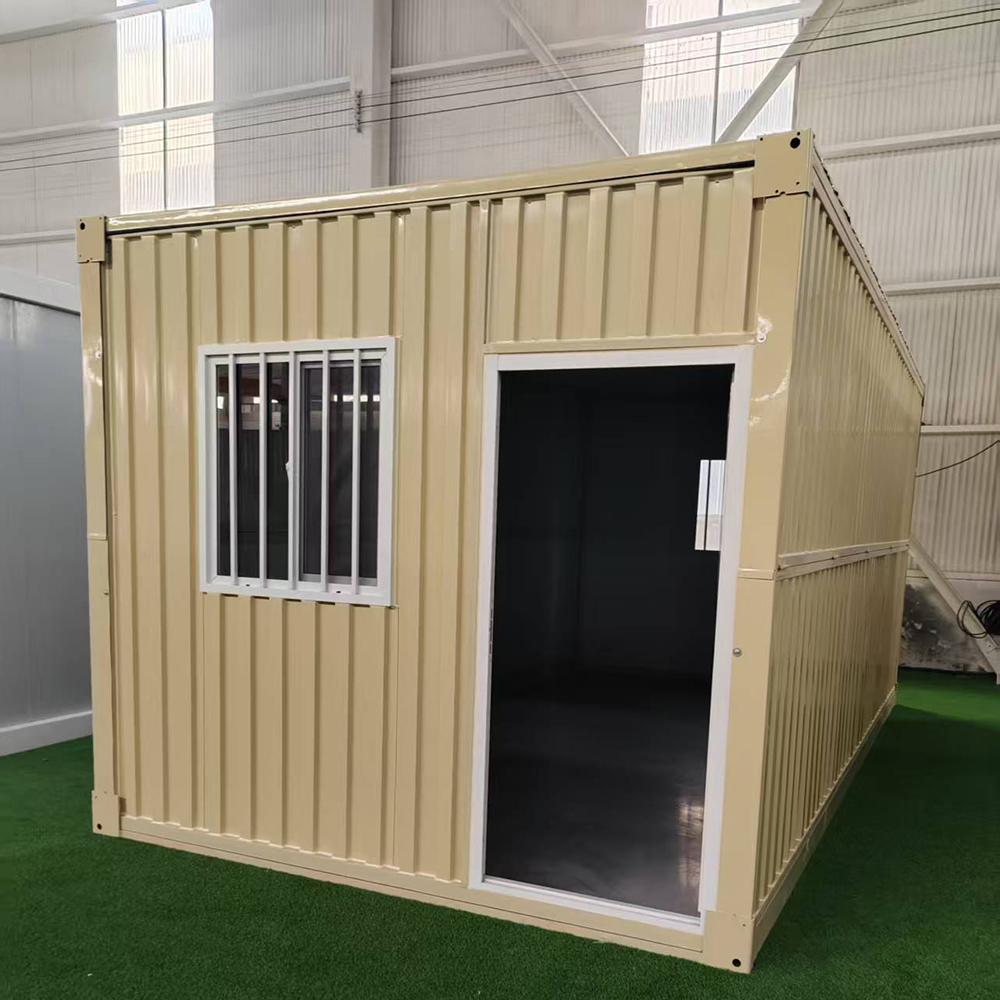 Competitive Price Portable Container House Foldable Container Mobile Living Modular Homes
Competitive Price Portable Container House Foldable Container Mobile Living Modular Homes -
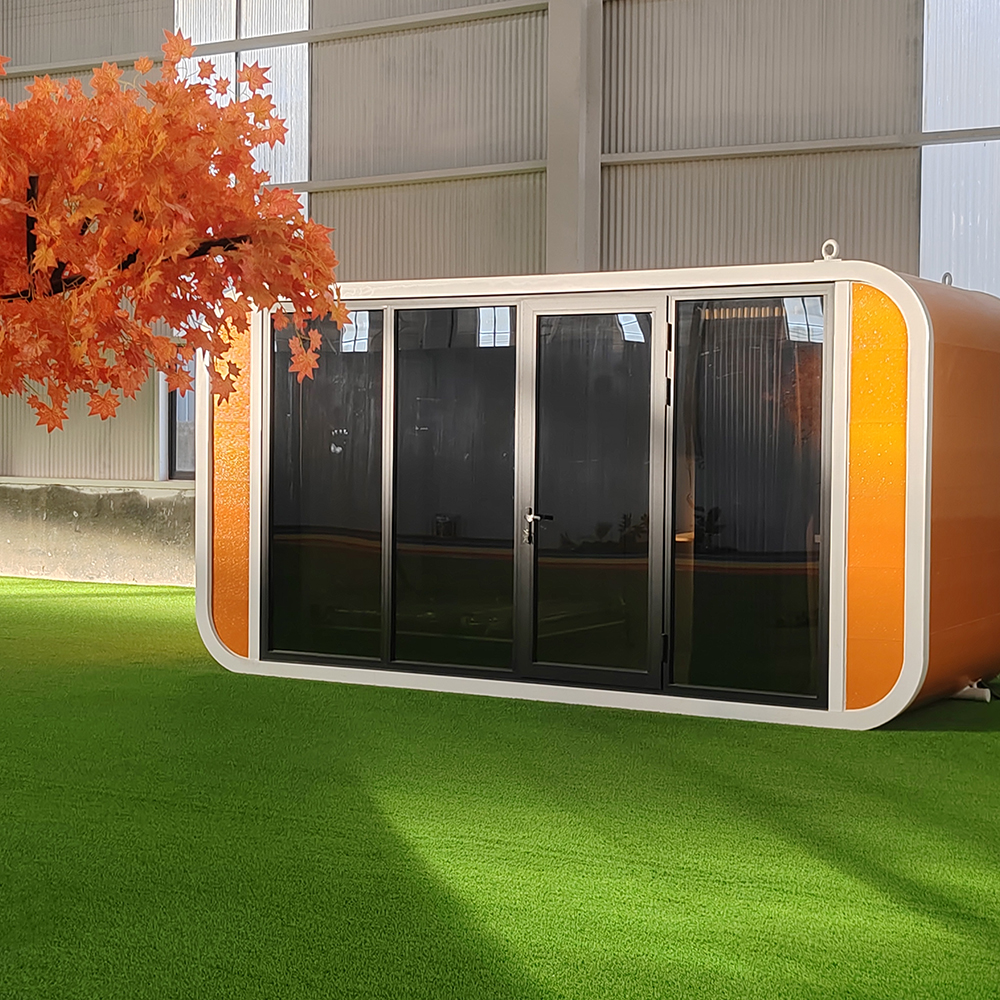 Luxury Prefabricated Living Container House Modular Glass Tiny House Prefab Container Home Apple Cabin
Luxury Prefabricated Living Container House Modular Glass Tiny House Prefab Container Home Apple Cabin -
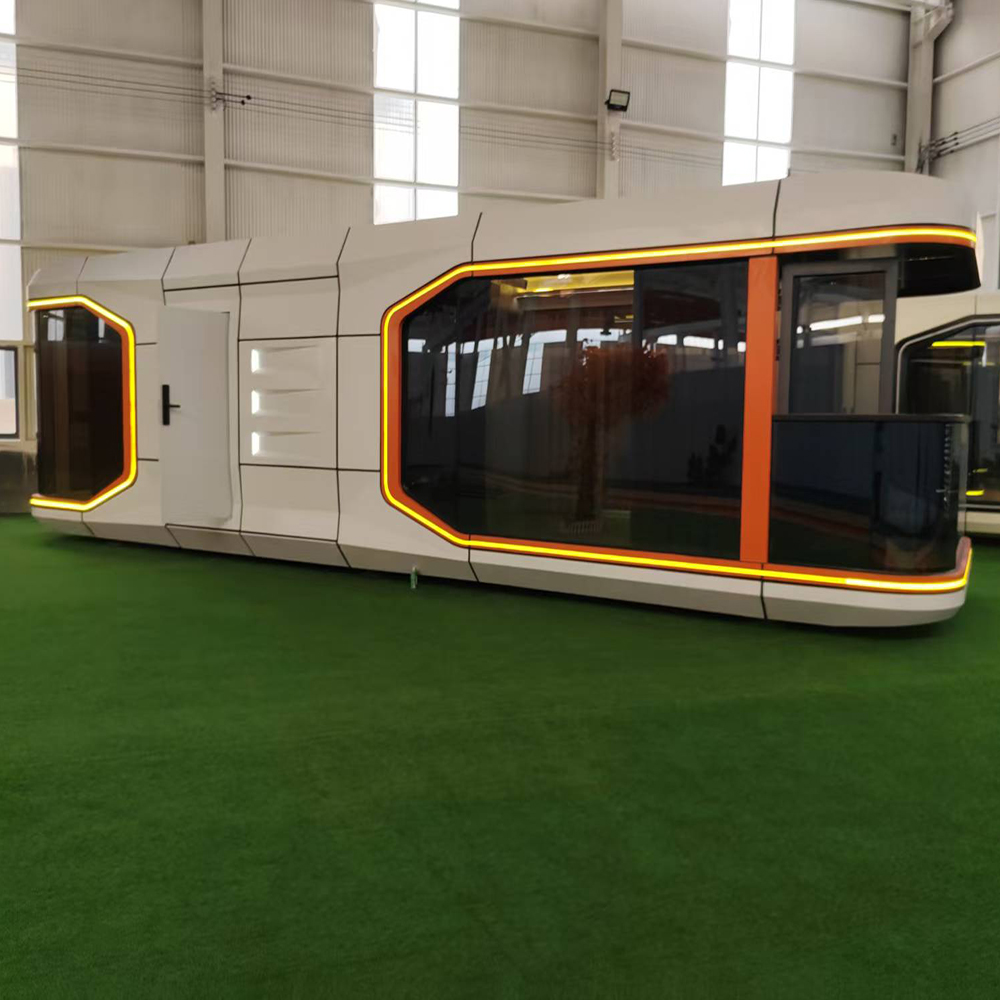 Standard Modern Camping Pod Space Prefabricated Portable Mobile Capsule Room Hotel Bathroom Prefabricated Spaceship House
Standard Modern Camping Pod Space Prefabricated Portable Mobile Capsule Room Hotel Bathroom Prefabricated Spaceship House -
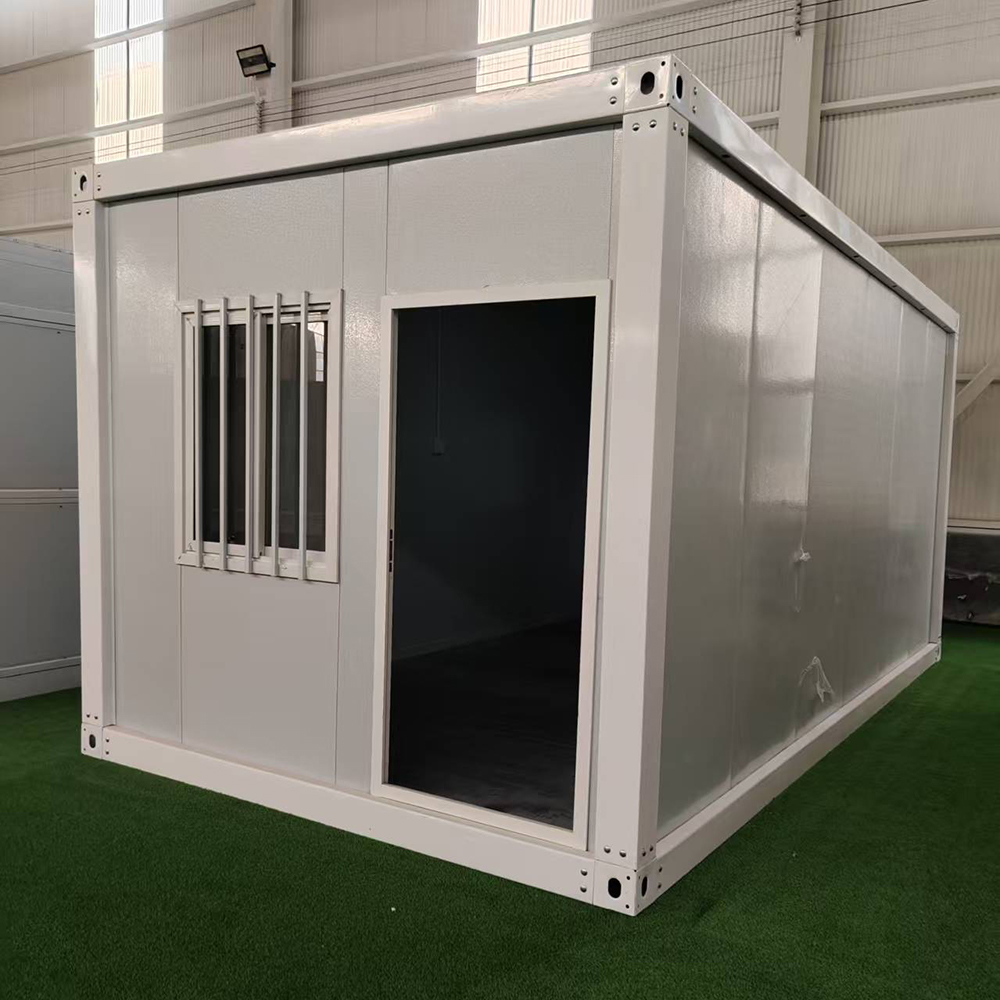 Folding Container Moving House Modular Office Container House Prefab Container for Outdoor Use
Folding Container Moving House Modular Office Container House Prefab Container for Outdoor Use -
 The foldable container house with side wing design can be quickly set up and is suitable for various environments.
The foldable container house with side wing design can be quickly set up and is suitable for various environments. -
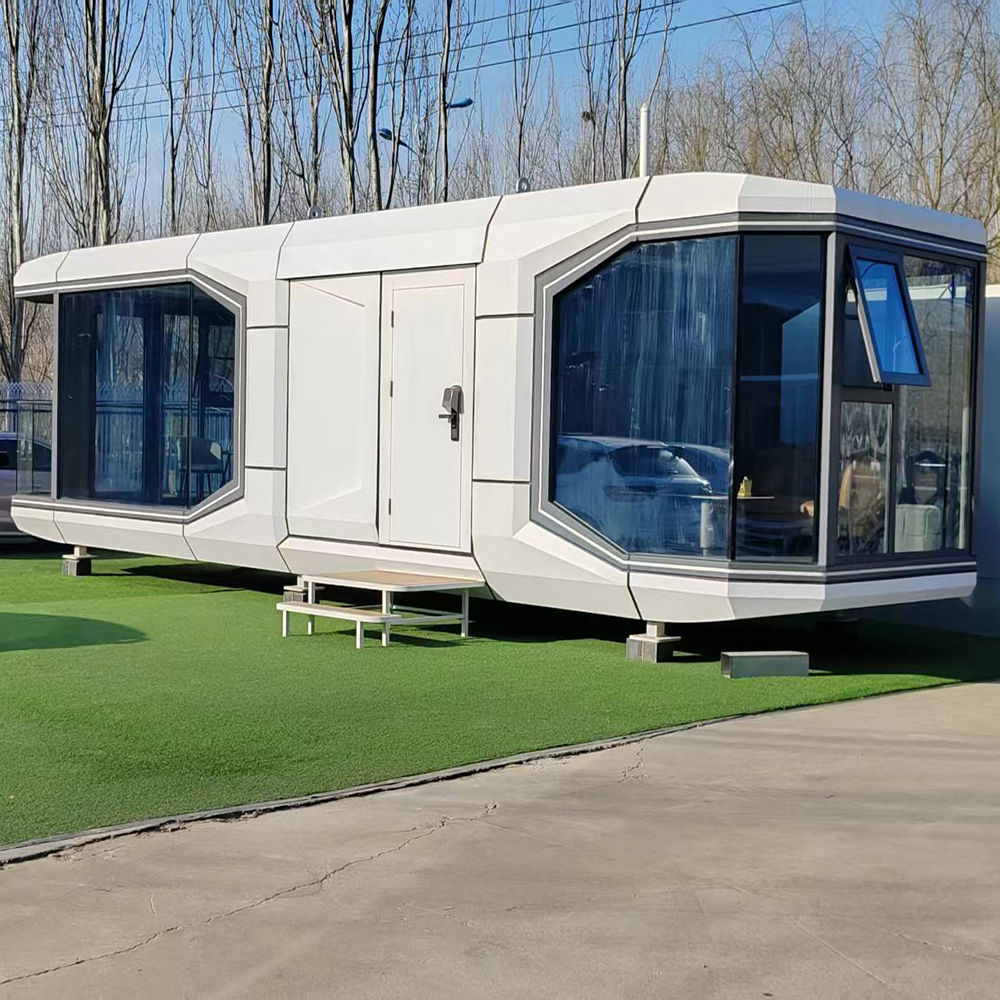 Luxury High Quality 2 Bedroom Container Home Prefabricated Steel Space Capsule for Office Shop Hotel or Outdoor House
Luxury High Quality 2 Bedroom Container Home Prefabricated Steel Space Capsule for Office Shop Hotel or Outdoor House -
 A container house with a terrace and double-wing folding design, suitable for various purposes such as offices, meeting rooms, living rooms, etc.
A container house with a terrace and double-wing folding design, suitable for various purposes such as offices, meeting rooms, living rooms, etc. -
 Easy Install Customized Detachable Container Homes Extendable House Prefab 2 Floors Expandable Container House
Easy Install Customized Detachable Container Homes Extendable House Prefab 2 Floors Expandable Container House -
Two Wing Folding Expandable Container House
-
 Customized Two Wing Folding Expandable Container House
Customized Two Wing Folding Expandable Container House -
 Waterproof folding container house – mobile accommodation for campsites/scenic spots
Waterproof folding container house – mobile accommodation for campsites/scenic spots
Related search
Related search- expandable prefab mobile house prefab home 19x20ft mobile home
- China low price expandable container house 20ft
- folding container house
- China space capsule
- apple creek cabins
- z type folding container house
- Buy the folding house
- China folding container house
- expandable prefab house
- container house prefabricated villa










